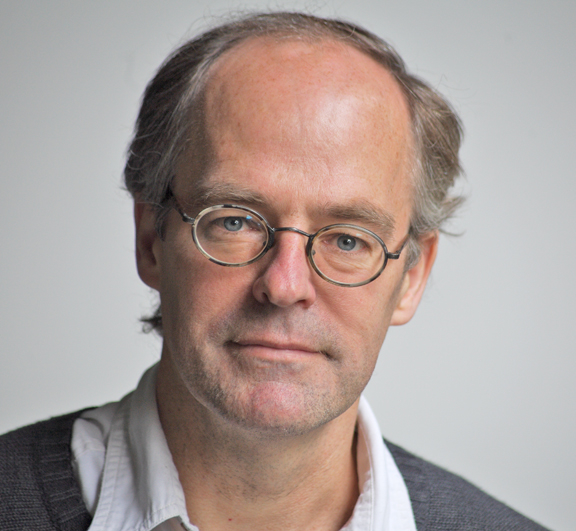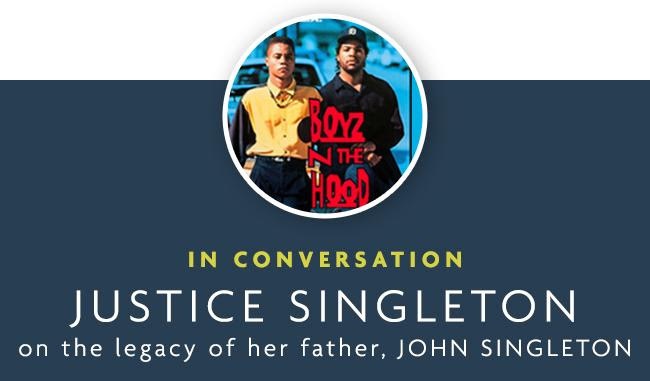Twenty eight years after John Singleton premiered “Boyz N the Hood” at the Cannes Film Festival, his daughter Justice came to the two-week spectacle in the south of France. The occasion was a May 23 outdoor screening in a nine-film series on the Macé beach.
Titled “Boyz’n the Hood” here, the first feature by the 23-year-old writer-director premiered on May 13, 1991 in the out-of-competition section Un Certain Regard. In 1989, Spike Lee had screened “Do the Right Thing” in the main competition.
Wearing the “South Central Cinema” cap her late father brought to Cannes, Justice Singleton appeared for a talk with Bruno Chatelin, editor and co-founder of Filmfestivals.com. He takes credit for bringing “Boyz n the Hood” to Cannes. The Parisian was marketing Sony’s films then. At the time, he recalled, “people hated rap in France.”
Singleton introduced herself as a 26-year-old filmmaker, screenwriter, poet and comedian born two years before “Boyz” was released. She shared memories during a 40-minute appearance in the Roger Ebert conference room at the American Pavilion. Her father died April 28.
Although one attendee interrupted Chatelin’s insider chronicle– “This is about her, not about you”– Singleton said she would like to hear more about her father’s trip to Cannes. Later Chatelin made an aside: “I’m doing this for her, you know. I’m not doing it for you, sorry.”
Chatelin’s first move was asking a publicist to suggest a Paris journalist who might get “Boyz.” He broke Cannes protocol per previews and showed a U-matic video cassette of the film to a journalist from Liberation. “Oh my God– Orson Welles!” the critic supposedly exclaimed afterwards. Thus began the buzz among his cinema colleagues.
Singleton said that after watching “Colors” (1988) her father had said: “I can make a movie about south L.A. better than Dennis Hopper can make a film about south L.A.”
After his nominations for Best Director and Best Original Screenplay, the writer-director would later tell his daughter maybe “I went too hard” and that as a black filmmaker he might not get “another shot.” She continued: “He had really had cliched ideas. He was, like, maybe I should do a `Girlz n the Hood.’ That was a real thing he actually thought about it.” His next film, “Poetic Justice” (1993), was about a South Central poet named Justice (Janet Jackson.) Justice Singleton indicated where her dad got her first name: “His ex-glrfriend– my almost mom– wanted to have a daughter named Justice.”
“I had been on all my dad’s film sets for at least most of the chapters of his life,” said Singleton. “He taught me how to watch movies… We would watch these movies from Godard or Hitchcock and we’d study them and discuss how we could relate back to relate back to black cinema.”
“My favorite film moment with him was seeing `E.T.’ and `Close Encounters’ on the same night… And watching it like two children. And whenever my father sees a good part of the movie he claps. It’s so embarrassing but it’s something I do now.”












